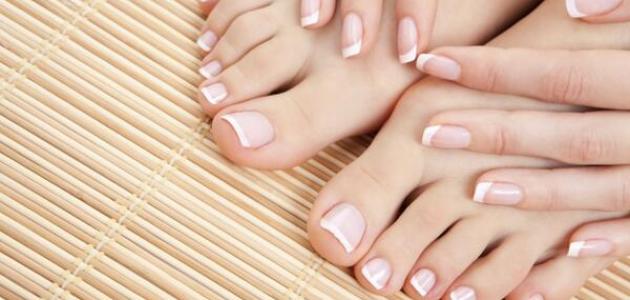Heatwaves affect your sleep and health

Heatwaves affect your sleep and health
Heatwaves affect your sleep and health
Extreme heat waves are not suitable for sleep lovers, as their increase due to climate change may be a reason for lack of sleep that is harmful to health.
It is expected that several countries in Western and Central Europe will witness during the coming days a heat wave that will be unusual for this period of the year, and this will likely limit the ability of many to sleep.
In this context, a researcher in neuroscience at the “College de France”, Armel Ranciak, told “Agence France Presse” that “enjoying good sleep is possible up to the limits of 28 degrees Celsius, but the temperature rises more, which makes sleep more difficult.”
The brain, which includes neurons that regulate body temperature and sleep, and which are closely interconnected, is very sensitive to heat. High temperatures raise the central thermostat and activate stress systems.
Among the conditions for deep sleep is lowering body temperature. “In very hot weather, the dilation of blood vessels in the skin is less effective, and heat loss is reduced, which delays sleep,” Ranciak said.
High temperatures at night increase the likelihood of awakening and make deep sleep difficult.
The researcher explained that "at the end of a cycle, the individual tends to wake up and find it difficult to go back to sleep," because the body seeks to "stop a thermal danger phase."
While not everyone needs the same amount of sleep daily, as this need varies according to age, most people need between seven and nine hours.
A study published in 2022 showed that during the first two decades of the twenty-first century, humans lost an average of 44 hours of sleep per year compared to previous periods.
In light of the rise in temperatures caused by climate change, the “deficit” in sleep hours for each individual may reach 50 and even 58 hours per year by the end of the century, according to the study, which was directed by Kelton Minor of the University of Copenhagen and is based on data from more than 47 people from four countries. Continents have been fitted with smart bracelets.
"harmful effects"
Excessive lack of sleep compared to the individual's need in this area would negatively affect the body's ability to restore its activity.
"Sleep is not a luxury, but its balance is a very delicate issue and the body's lack of it causes harmful effects," Ranciak said.
In an interview with Agence France-Presse, the chief physician at the Institute of Biomedical Research of the French Armed Forces, Fabien Sauvier, said that the main effects of lack of sleep in the short term are “cognitive”, that is, “sleepiness, fatigue, the risk of injury at work or a traffic accident, and loss of patience.” ".
As for the long term, frequent and prolonged lack of sleep leads to a harmful “debt”, not only for vulnerable groups such as the elderly, children and those with chronic diseases.
And the neuroscientist warned that “lack of sleep affects the metabolism of the individual, and exposes him to weight gain, diabetes, cardiovascular diseases, or neurodegenerative diseases such as Alzheimer’s.”
Sleep debt also lowers resistance to stress and increases the risk of relapse or psychological disorder.
How does a person get better sleep in the heat?
Souvier believed that the solution “is not through air conditioning as agreed,” but rather, “a person must first change his habits, such as sleeping in light clothes and ventilating as much as possible, and other things.” He added: “It is not necessary for the room temperature to be between 18 and 22 degrees Celsius, as the temperature is between 24 And 26 degrees Celsius is enough.
He pointed out that “acclimatization” to high temperatures “takes between 10 and 15 days,” in light of the experiences of military personnel who perform missions in hot countries.
For her part, Ranciak said, "We must strengthen the mechanisms that allow our temperature to fluctuate during the day-night cycles, and eliminate or at least limit everything that negatively affects sleep."
Examples of this include taking a cold bath, but not too much, and exercising, but not late in order not to raise the temperature too much, and limiting drinking liquids that negatively affect sleep, such as coffee.
The mattress also plays a role in the sleep process, because some mattresses accumulate heat more and more, according to Souveh.
To mitigate the lack of sleep at night, the doctor suggested taking "short naps of about 30 minutes."





